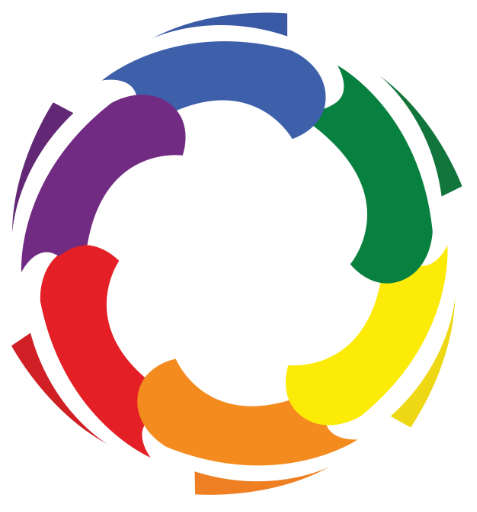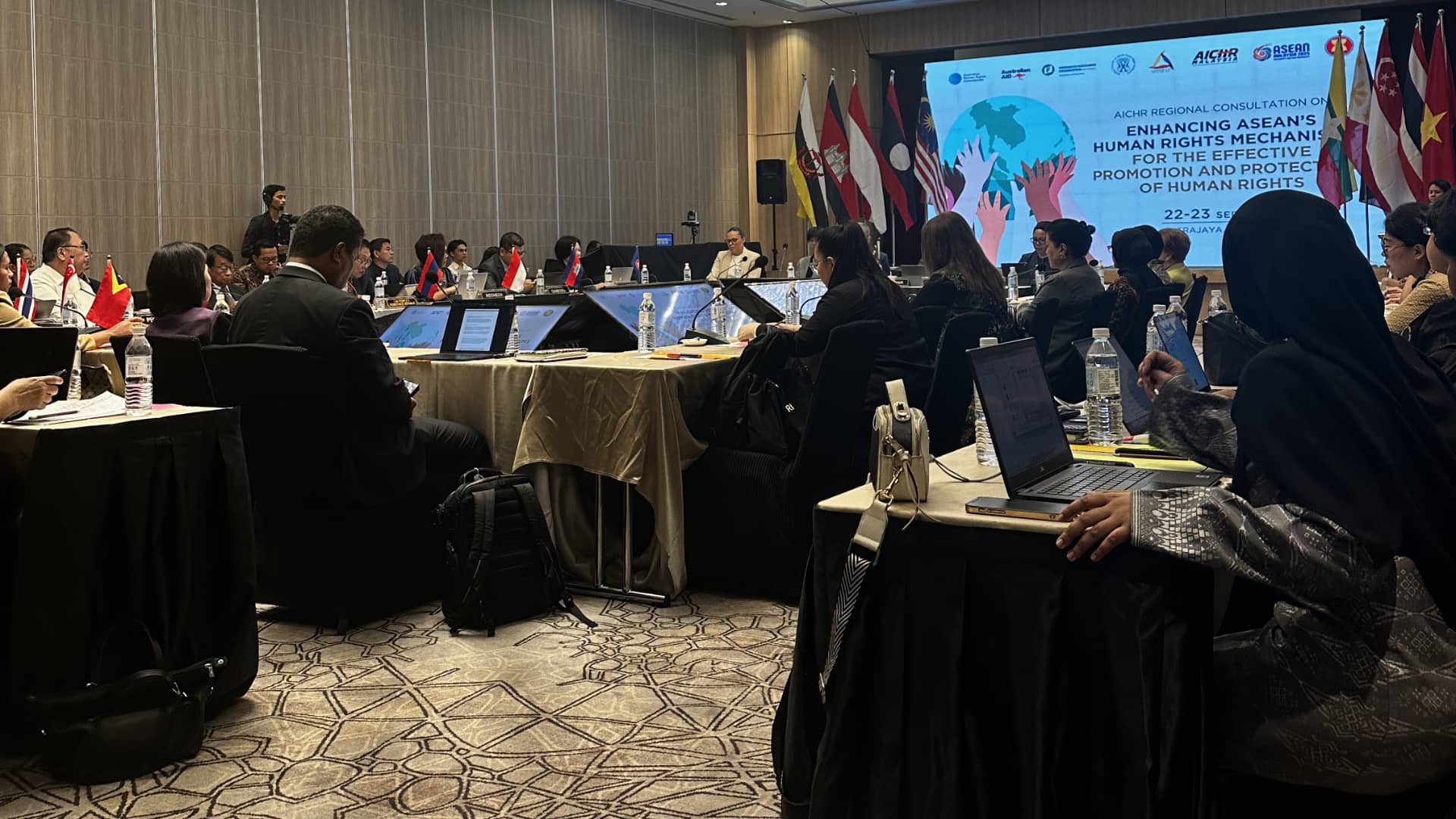From 22 to 23 September 2025, ASEAN SOGIE Caucus (ASC), by Riska Carolina, ASC’s Advocacy Officer took part in the AICHR Regional Consultation on Enhancing ASEAN’s Human Rights Mechanisms, held in Putrajaya, Malaysia. Organized by the ASEAN Intergovernmental Commission on Human Rights (AICHR), this consultation was convened under the framework of the ASEAN Community Vision 2045. It gathered governments, human rights institutions, and civil society organizations to reflect on the state of ASEAN’s human rights mechanisms and to discuss concrete ways to strengthen them for the years ahead.
As an organization, ASC joined the consultation not just as a participant but also as a facilitator of reflection exercises. This role allowed us to bring the perspectives of communities working on issues of sexual orientation, gender identity and expression, and sex characteristics (SOGIESC) into the conversation. For us, being present in this space was an important milestone. Too often, regional discussions about human rights exclude or overlook SOGIESC communities, even though these communities are directly impacted by how human rights are promoted and protected across ASEAN. Our presence helped underline that SOGIESC issues are inseparable from the broader struggle for human rights in the region.
The consultation spanned only one and a half days, but its significance was much greater than its length. The fact that it was held in Putrajaya, close to the political center of Malaysia, and convened under the auspices of AICHR gave the agenda both weight and visibility. It was not simply another meeting; it was a platform where civil society actors, state representatives, and AICHR commissioners could sit at the same table, exchange views, and begin to build trust. Such opportunities remain rare within ASEAN, which makes them even more valuable for communities like ours that have long been advocating for recognition and inclusion.
For ASC, the consultation matters for another reason: it strengthens our long-term advocacy to be granted consultative status within ASEAN. While having an ASEAN consultative status is not easily or quickly achieved, our consistent participation in spaces like this demonstrates our readiness to contribute constructively to regional processes. It shows that we are not only speaking for our communities but also committed to advancing ASEAN’s vision of a people-centered community. Having an official consultative status would allow us to formalize this role, ensuring that our voices are not only heard but also structurally embedded in the decision-making processes that shape policies across the region.
Looking back, the agenda of the consultation was both ambitious and necessary. It invited us to reflect on what ASEAN has achieved in building human rights mechanisms, to identify the gaps that persist, and to propose recommendations for improvement. For ASC, this was also a moment to demonstrate how civil society can enrich and strengthen those mechanisms. It reminded us that human rights protection in ASEAN cannot be effective unless the mechanisms themselves are inclusive and responsive to the lived realities of diverse communities.
Moving forward, ASC remains committed to showing up, engaging meaningfully, and contributing to the collective vision of an ASEAN where human rights are not only words on paper but a lived reality for everyone. The engagement in Putrajaya was a beginning, not an end but a step forward in a journey that we are determined to walk together with our partners, allies, and communities across the region.




